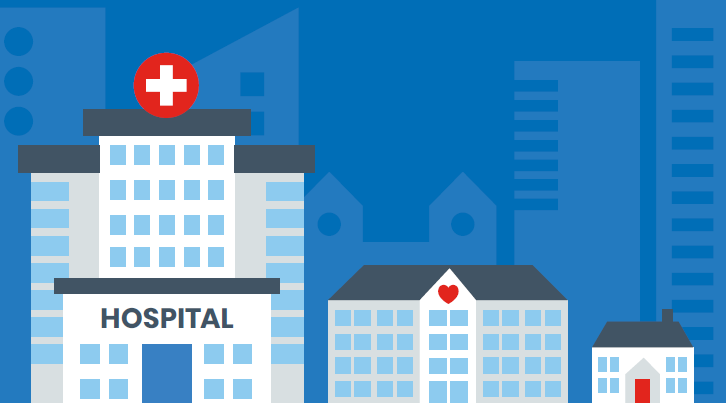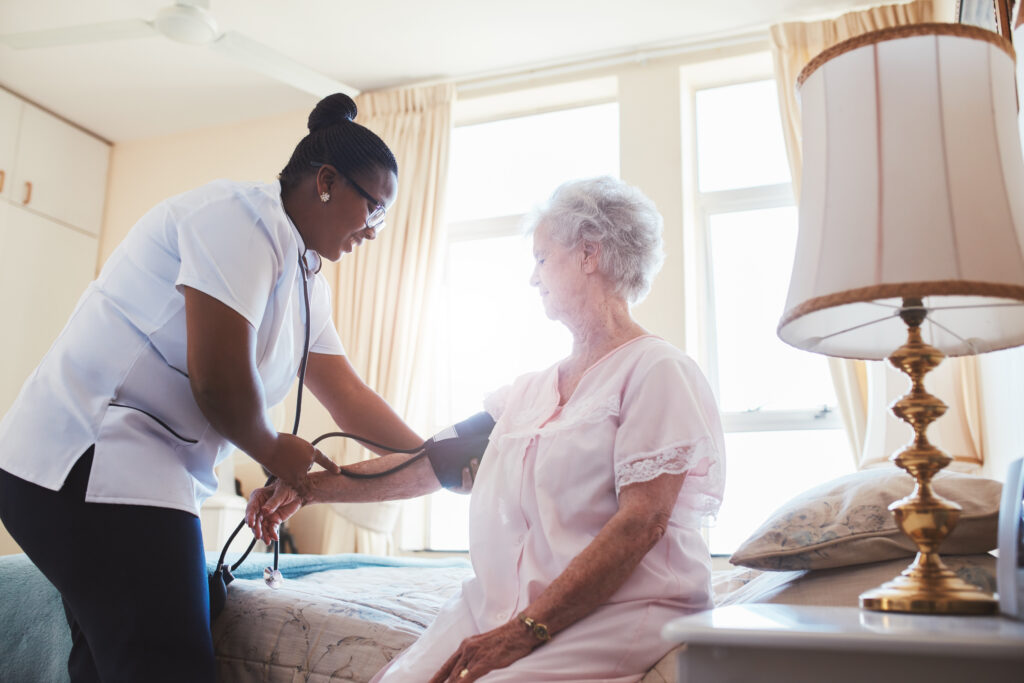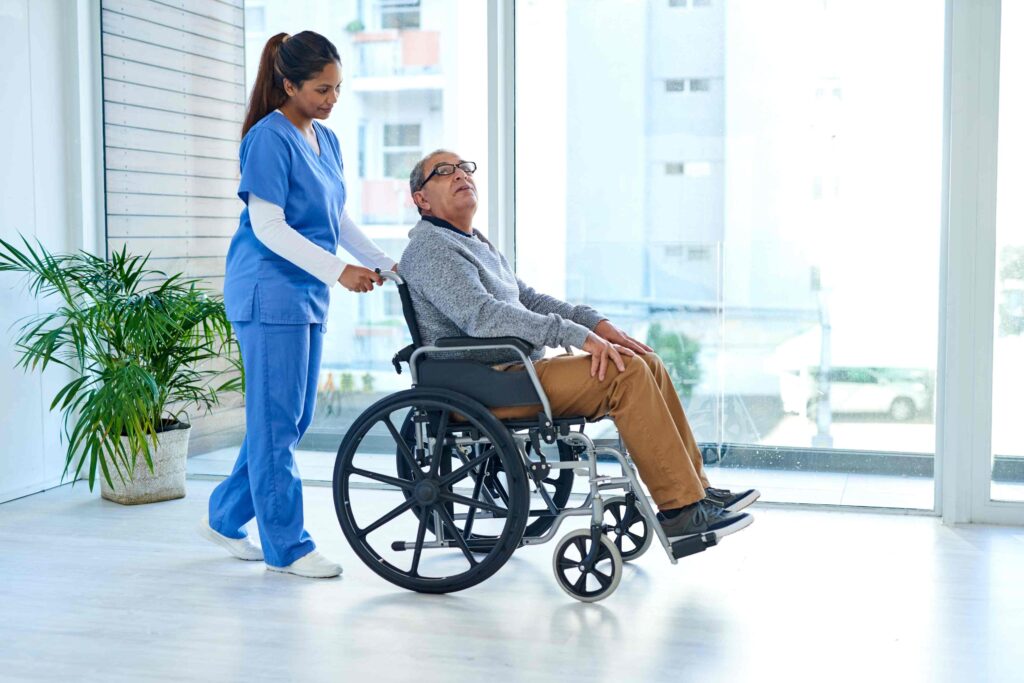Carers Hospital Discharge Experiences

Understanding and developing best practice around listening to and valuing carer voices in hospital discharge processes.
With funding provided courtesy of the Commitment to Carers Programme, Experience of Care Team, NHS England, this project was part of over 40 Trust Discharge projects intended to improve our understanding and develop best practice around involving, listening to and valuing carer voices in hospital discharge processes. This work formed part of the NHS Long Term Plan deliverables.
Our focus was interviewing carers to understand their experiences of discharge, and how they might be improved. What we found was that when discharge goes well, their stories seem very simple. However, little problems in the first day or so can seriously hamper discharge, and problems can compound.
We believed that part of the context for this dynamic is the well-evidenced, well-intentioned view that patients should ‘leave hospital as soon as they are medically optimised for discharge’. On average, this is clearly beneficial for patients. However, for some carers, whose home situation is more complex, it does seem to raise some challenges, placing an even greater premium on the quality of support they receive.
The discharge to assess model is built on evidence that the most effective way to support people is to ensure they are discharged safely when they are clinically ready, with timely and appropriate recovery support if needed. An assessment of longer-term or end of life care needs should take place once they have reached a point of recovery, where it is possible to make an accurate assessment of their longer-term needs.
Hospital discharge and community support guidance 31 March 2022
Our conversations with carers showed there are three things in particular to get right:

Communication
Carers need to be kept closely informed about patients’ condition, location and the
timeline for their discharge. They need to be part of planning for discharge and to be
helped to prepare for discharge, practically and psychologically. Although the prevailing
view is ‘think ‘Why not home? Why not today?’ every day’, surprises – even positive
surprises – can be difficult and expensive for carers to react to quickly enough to
support discharge.

Education
At the practical level, there are skills and pieces of information that carers want to learn
to support the patient, and there are clearly opportunities to do more to identify these
resources where they exist, fill any gaps and provide them in a user-friendly way to
carers. We will continue to work on this area with Barts Health.

Support
For some, this is about connecting to wider communities and support groups – as some
carers we spoke to have done. However, it can also start with a good, honest conversation with a clinician. When these conversations are at their best, they are about listening to carers’ wishes and feelings but also actively coaching and negotiating with carers about what is best for the patient. This is skilled, challenging work, and this should play into the wider conversations at Barts Health about staff training and development.



